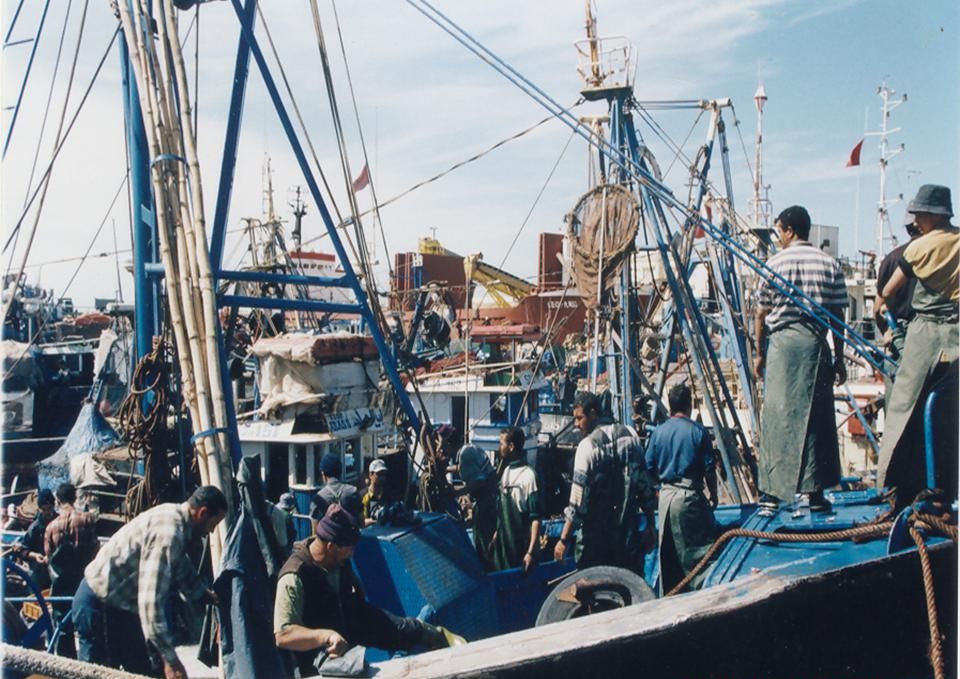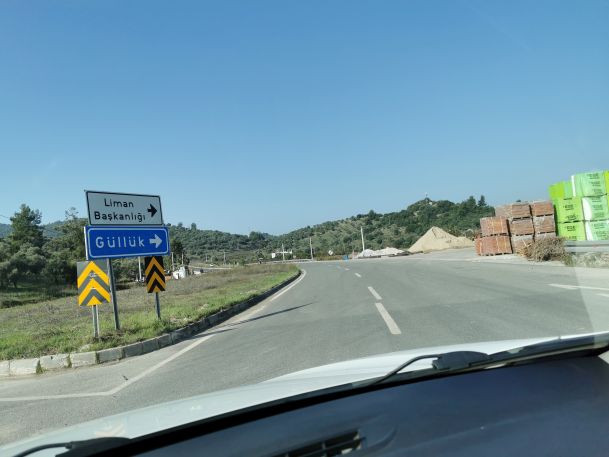
"Since Morocco does not exercise internationally recognised sovereignty over Western Sahara, Western Sahara is not seen as a part of Morocco’s territory in relation to this agreement. The Free Trade Agreement is thus not applicable to goods from Western Sahara", stated Norwegian Minister of Foreign Affairs, Mr. Jonas Gahr Store, 11 May 2010.
Unofficial translation by Western Sahara Resource Watch.
Read original on homepage of Norwegian Parliament (in Norwegian).
Statement by the Norwegian Minister of Foreign Affairs, Mr. Jonas Gahr Støre, in the Norwegian Parliament, 11 May 2010, as a response to a question raised by leader of the Christian Democratic Party.
"It is Norwegian policy that one when interpreting the territory application of Free Trade Agreements, take the relevant states’ internationally recognised borders as a point of departure. The Free Trade Agreement between EFTA and Israel is thus not applicable to produce with origin in the Israeli settlements on the West Bank. Similarly, the Free Trade Agreement between EFTA and Morocco is not applicable for Western Sahara.
The Free Trade Agreement between the EFTA states and Israel of 17 September 1992 in article 2 establishes that it is applicable for goods with origin in a EFTA state or Israel. It further follows from article 32 that the agreement is applicable for the territories of the signatory parties. With regards to what constitute Israeli territories, one take as a point of departure Israel’s internationally recognised borders. This encompasses the territory that was under Israeli control prior to 4 June 1967, and thus not the Golan Heights, Gaza, West Bank and East Jerusalem. The Free Trade Agreement between EFTA and Israel is thus not applicable for produce from Israeli settlements on the West Bank.
Similarly, when it comes to the Free Trade Agreement between the EFTA states and Morocco, of 19 June 1997, it is, according to article 2, applicable to produce with origin in an EFTA state or in Morocco. It follows from article 36, that the agreement is applicable for the territories of the signatory parties. It must also here been taken as a point of departure the internationally recognised borders of Morocco. Since Morocco does not exercise internationally recognised sovereignty over Western Sahara, Western Sahara is not seen as a part of Morocco’s territory in relation to this agreement. The Free Trade Agreement is thus not applicable to goods from Western Sahara.
It is thus not correct that there is a differential treatment when it comes to the application of the Free Trade Agreements, when it comes to the Israeli settlements on the West Bank on one side, and Western Sahara on the other. "
Record customs claim against Western Sahara trader
Giant fee for Western Sahara imports
Western Sahara not part of EFTA-Morocco free trade agreement
The Moroccan-EFTA free trade agreement does not cover Western Sahara, according to Norwegian and Swiss authorities. This will have multi-million euro consequences for a firm that systematically mislabeled Western Sahara imports as Moroccan, and illustrates how the European Commission is on collision course with rest of the international community.
Skretting Turkey misled about sustainability
Dutch-Norwegian fish feed giant admits using conflict fishmeal from occupied Western Sahara. Yesterday, it removed a fake sustainability claim from its website.


